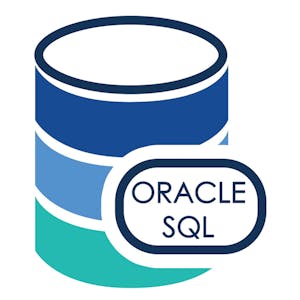Think Again III: How to Reason Inductively
About this Course
Want to solve a murder mystery? What caused your computer to fail? Who can you trust in your everyday life? In this course, you will learn how to analyze and assess five common forms of inductive arguments: generalizations from samples, applications of generalizations, inference to the best explanation, arguments from analogy, and causal reasoning. The course closes by showing how you can use probability to help make decisions of all sorts. Suggested Readings Students who want more detailed explanations or additional exercises or who want to explore these topics in more depth should consult Understanding Arguments: An Introduction to Informal Logic, Ninth Edition, Concise, Chapters 8-12, by Walter Sinnott-Armstrong and Robert Fogelin. Course Format Each week will be divided into multiple video segments that can be viewed separately or in groups. There will be short ungraded quizzes after each segment (to check comprehension) and a longer graded quiz at the end of the course.Created by: Duke University
Related Online Courses
This Specialization is intended for beginners to learn how to become proficient writing Oracle SQL code to create, modify, and edit Oracle SQL Databases.\\n\\nYou will learn the Oracle database... more
By the end of this first course in the Total Data Quality specialization, learners will be able to: 1. Identify the essential differences between designed and gathered data and summarize the key... more
Dive into the transformative world of blockchain with our course, designed to navigate the complexities of digital currencies, smart contracts, and decentralized applications. Whether you\'re... more
Ethical hackers and penetration testers need an efficient toolbox and a step-by-step guide to use these tools effectively. This course covers: - Sqlmap for SQL injection detection, - Google Hacking... more
This course teaches dynamics, one of the basic mechanics subjects of Mechanical Engineering. Students would be able to organize their knowledge about force and motion, work-energy, impulse-momentum... more







